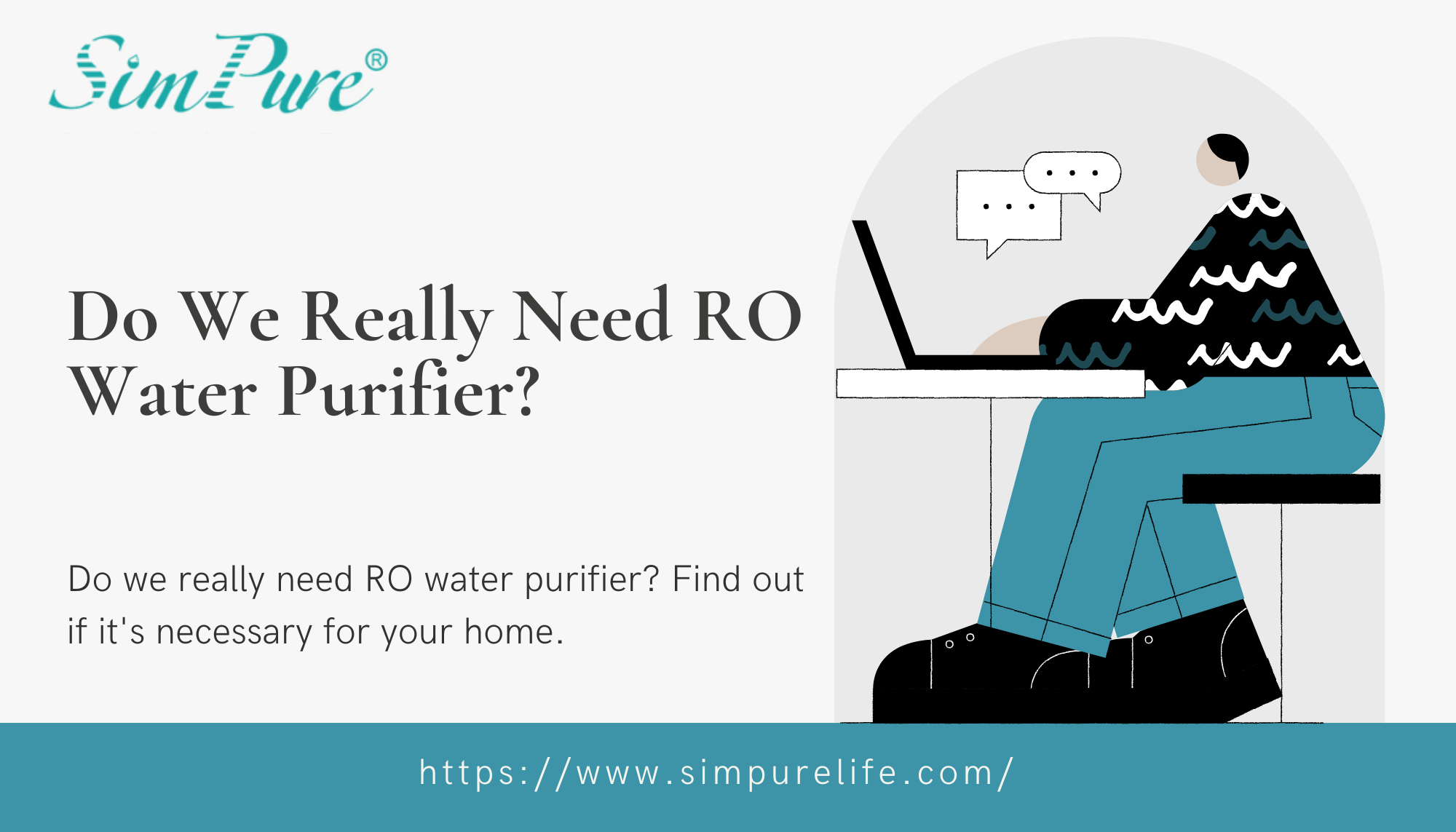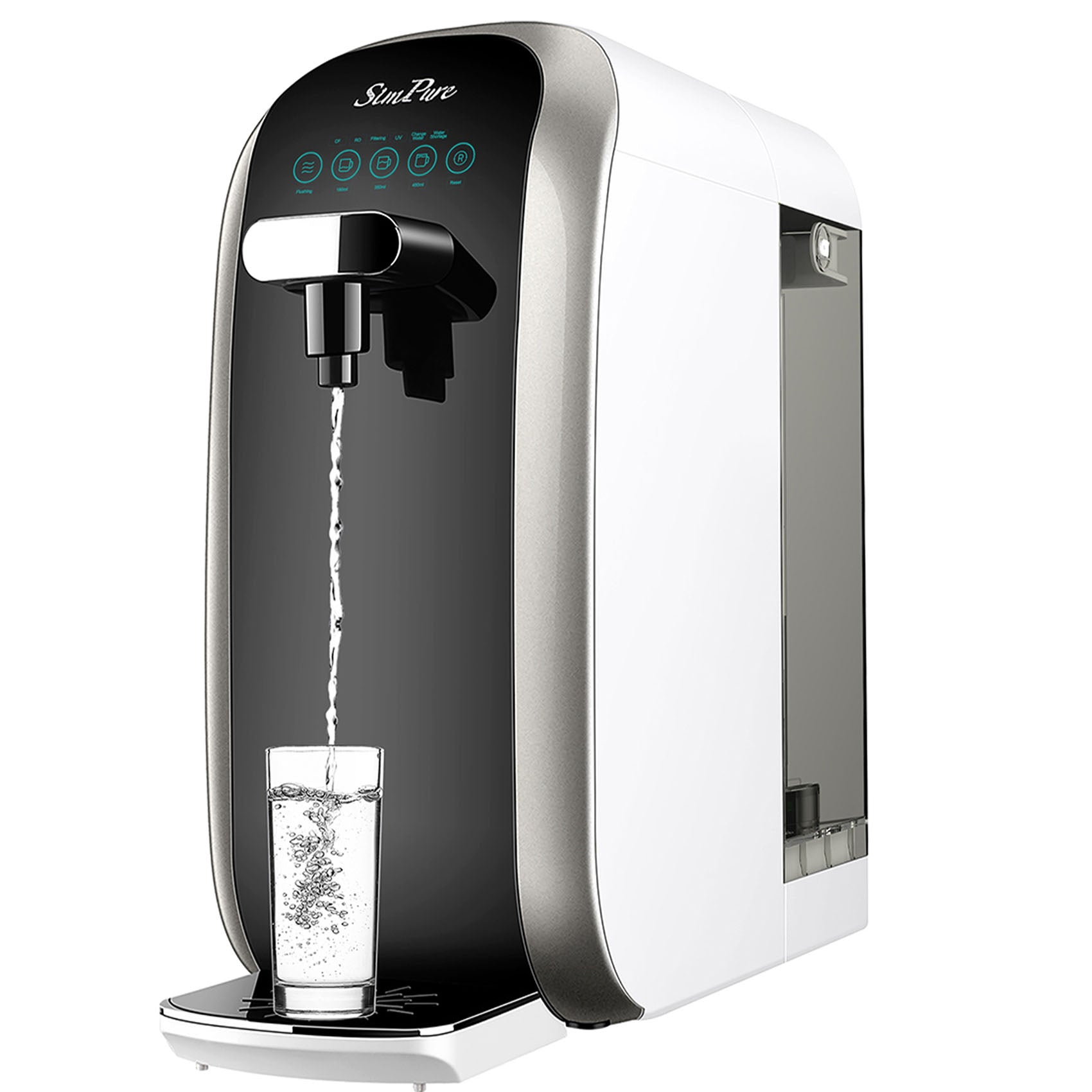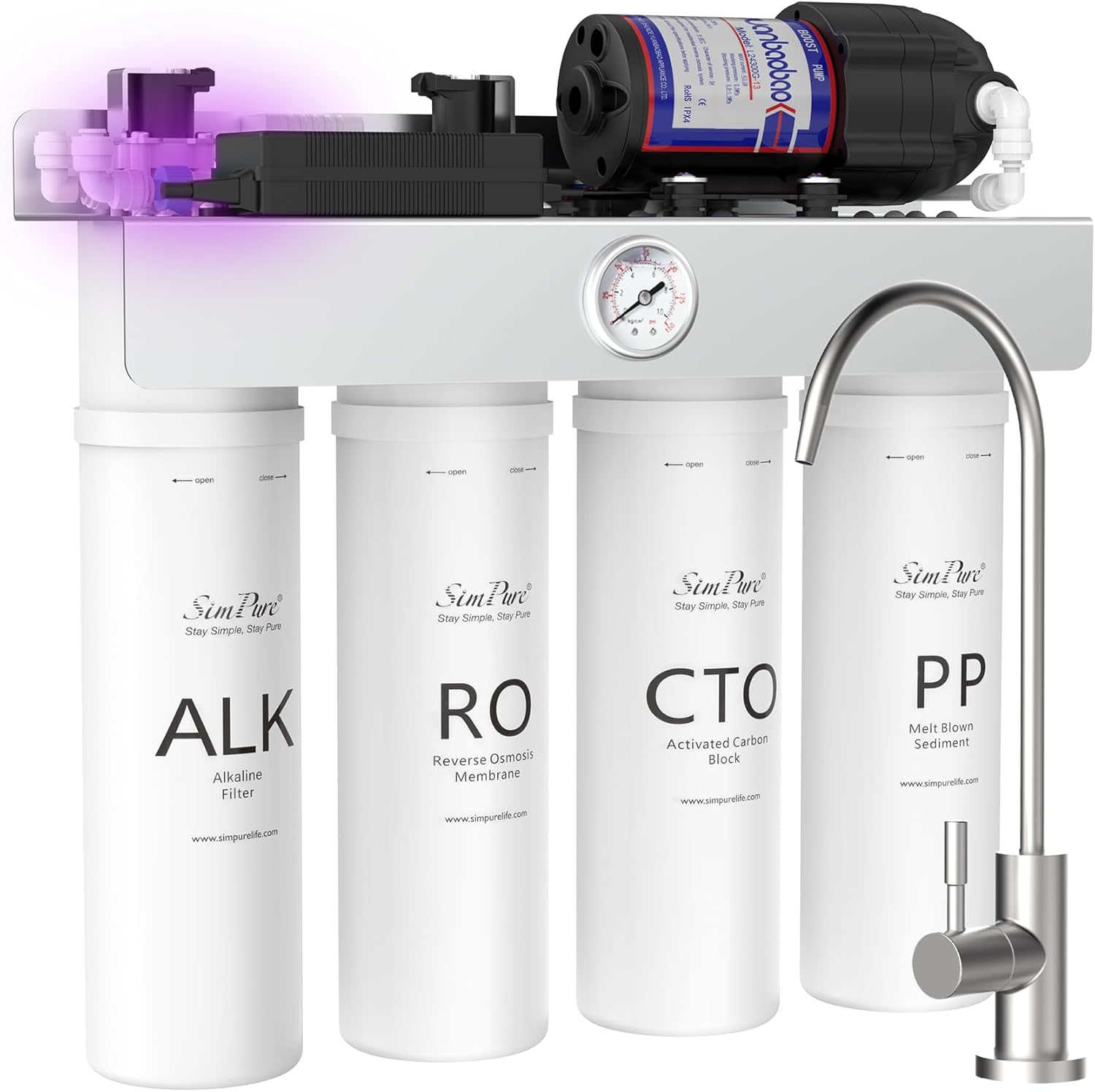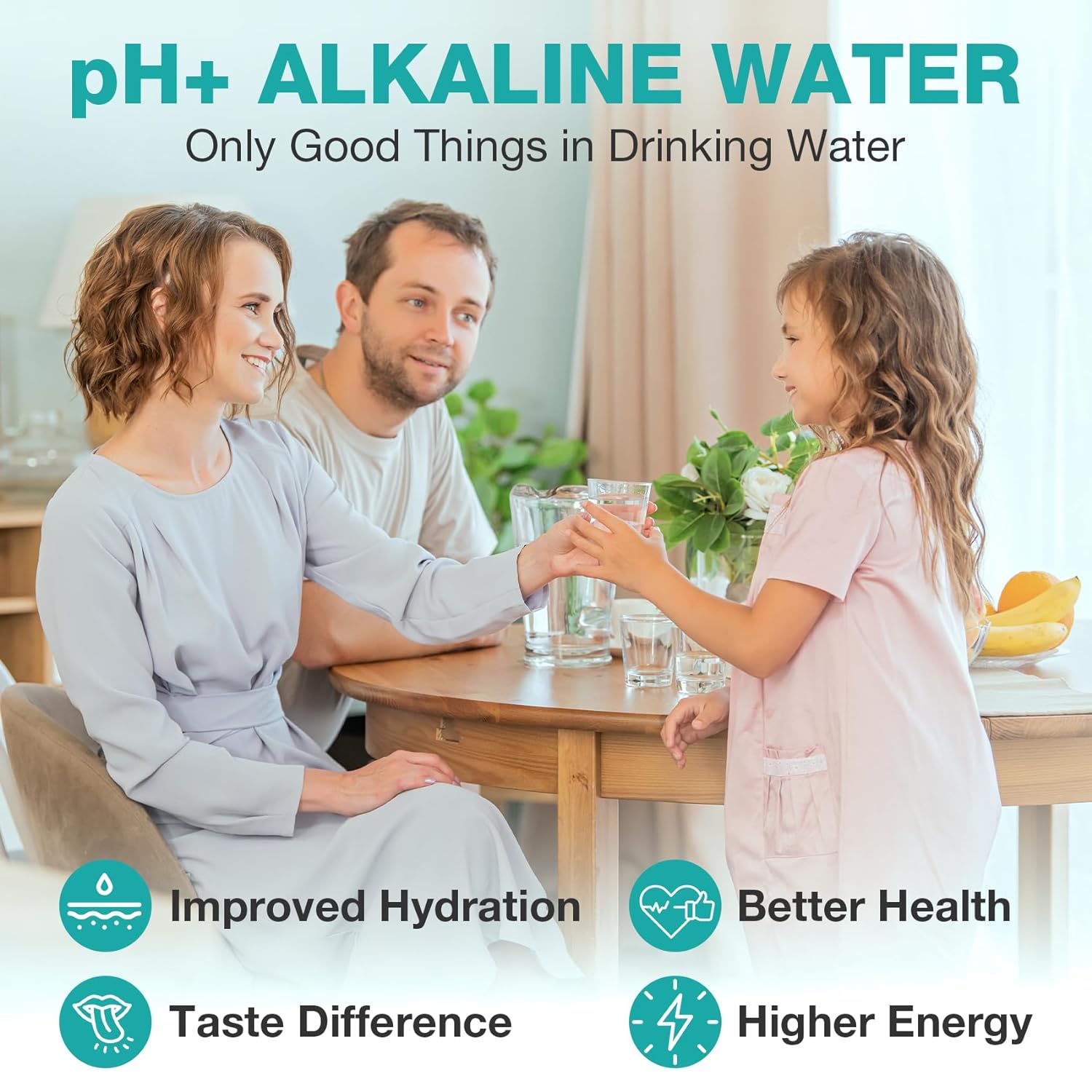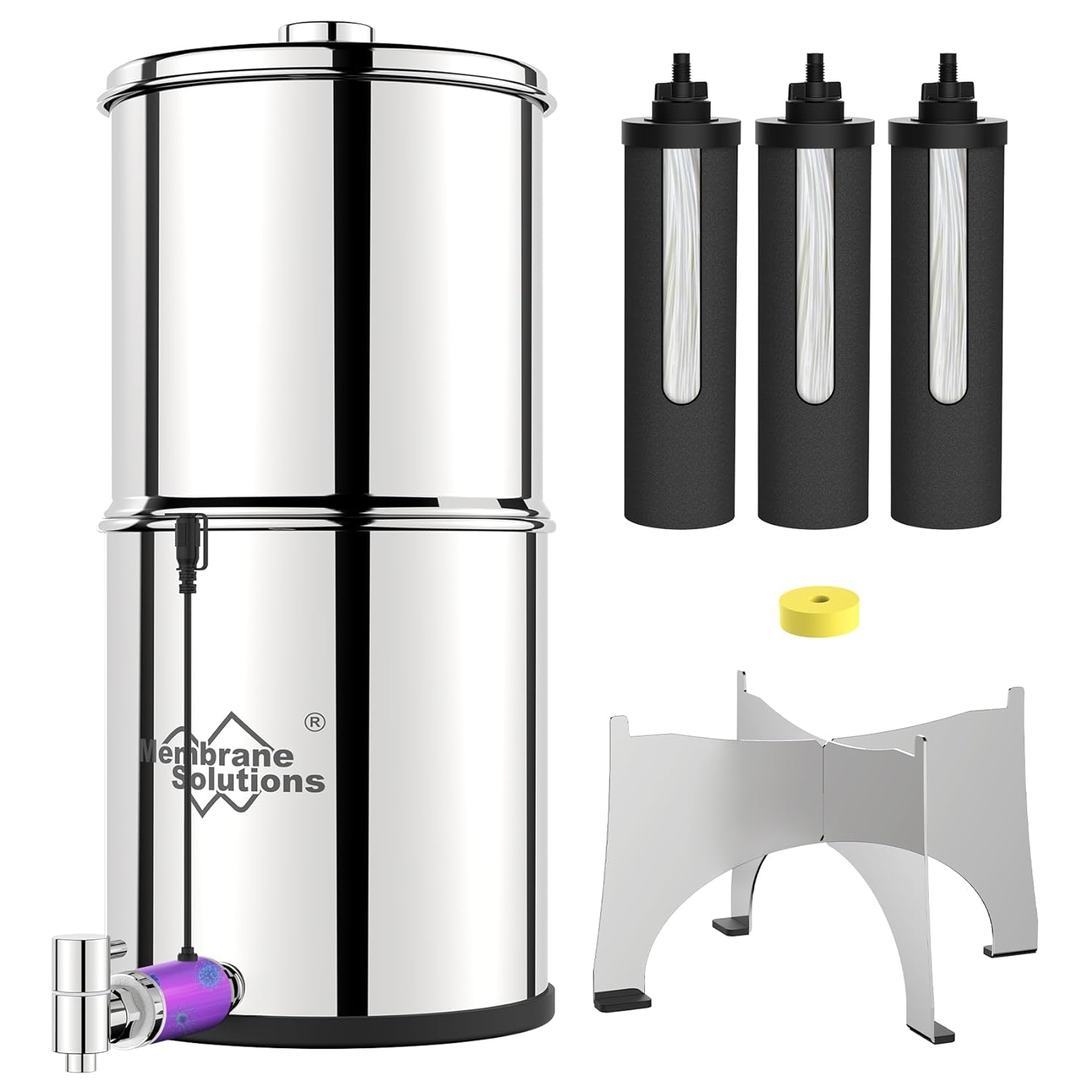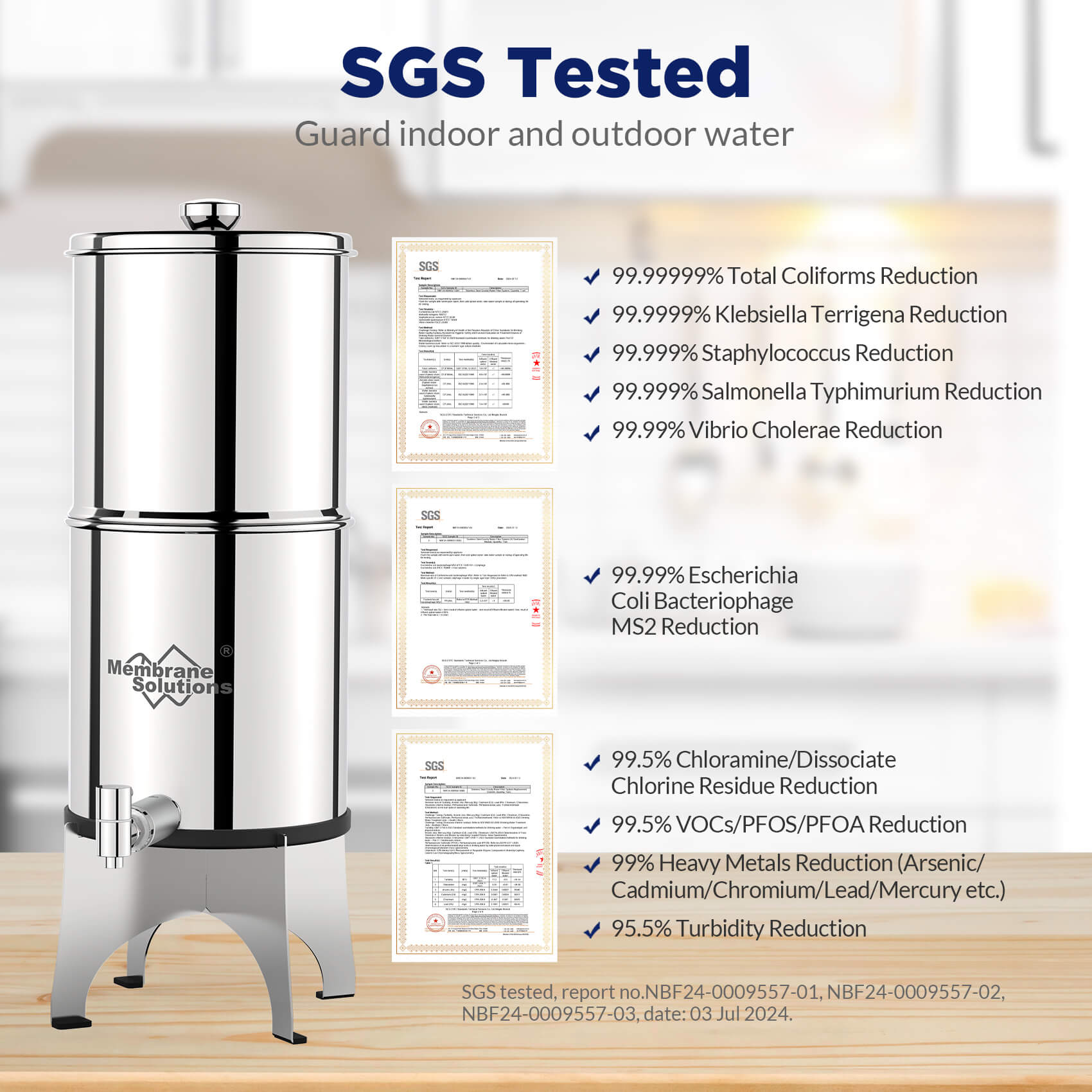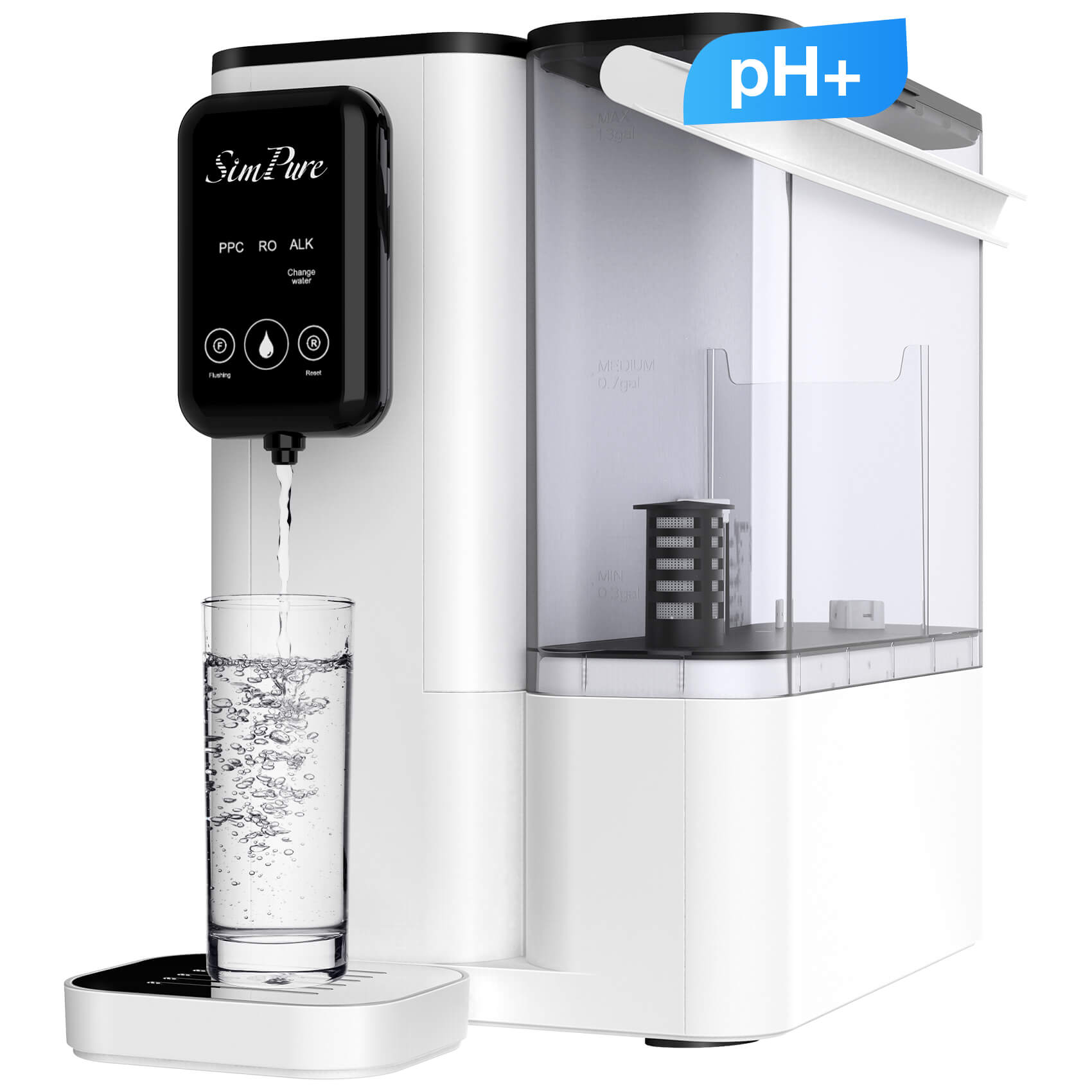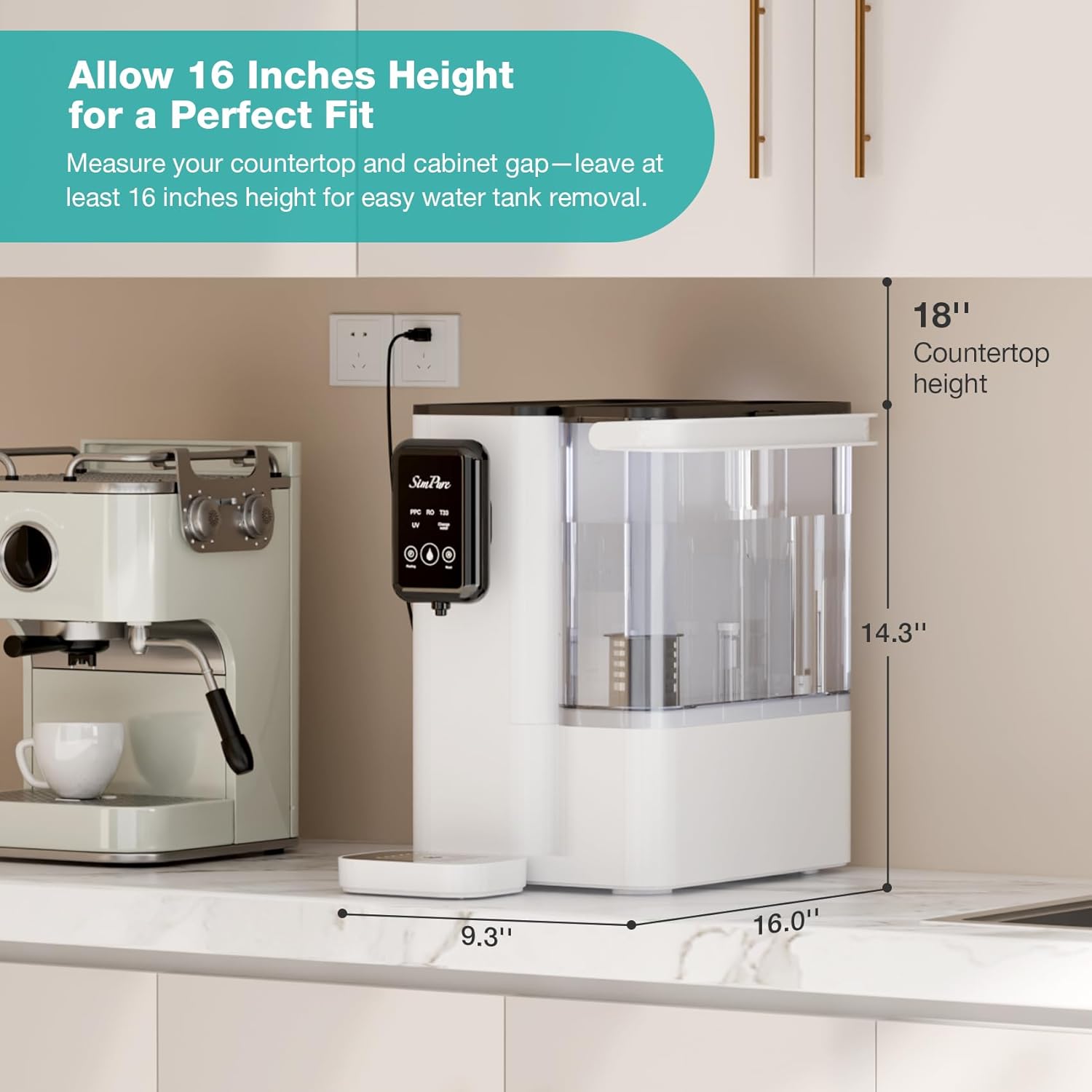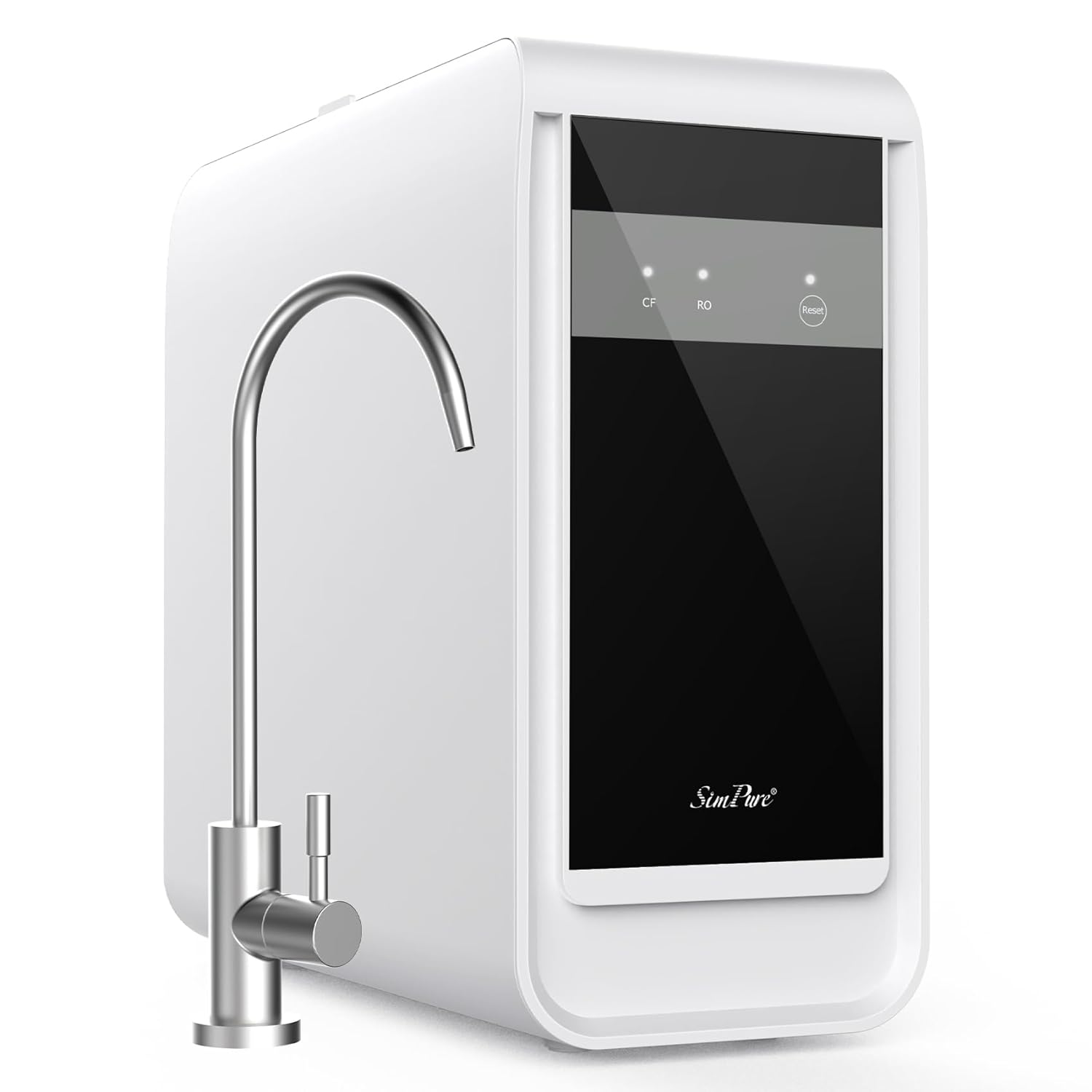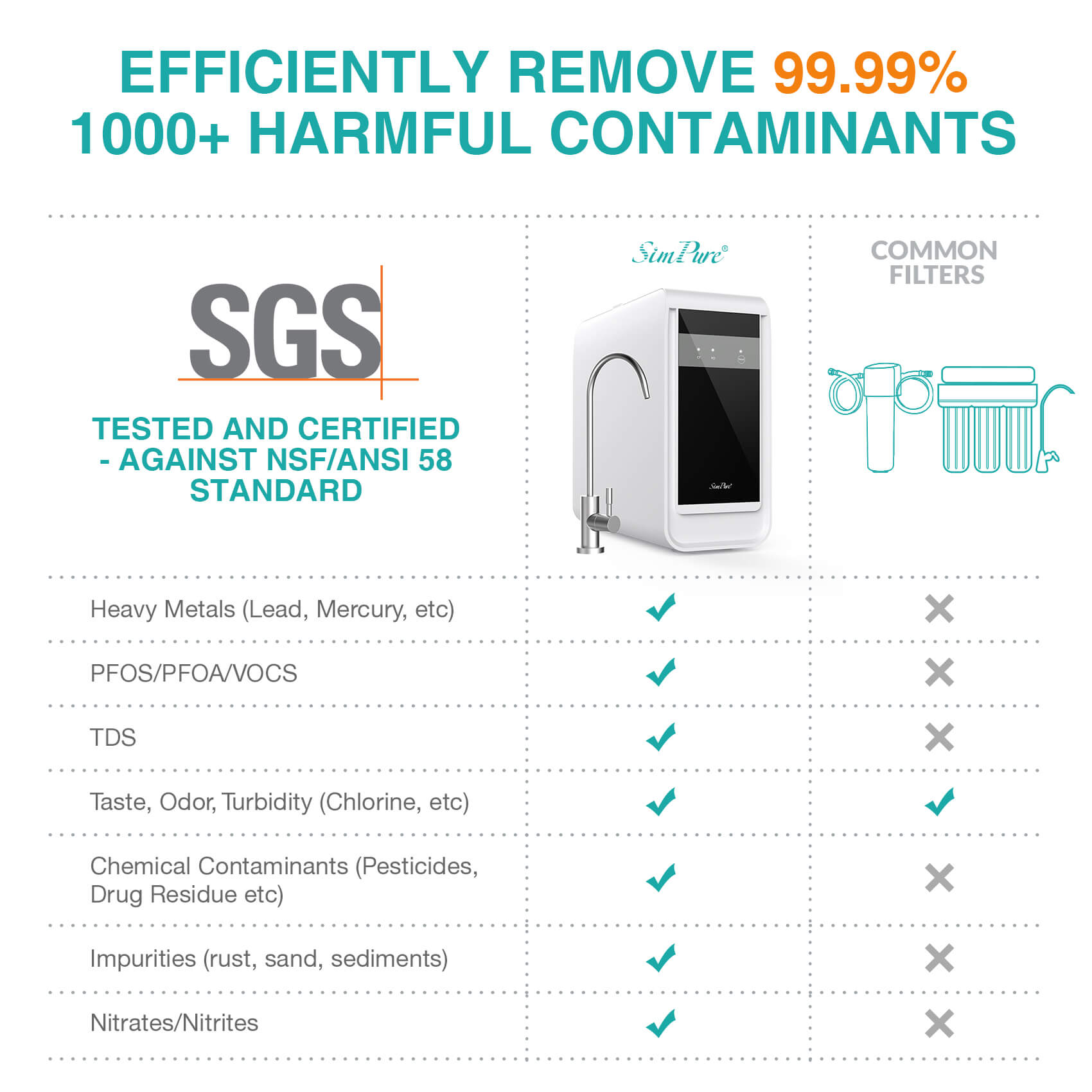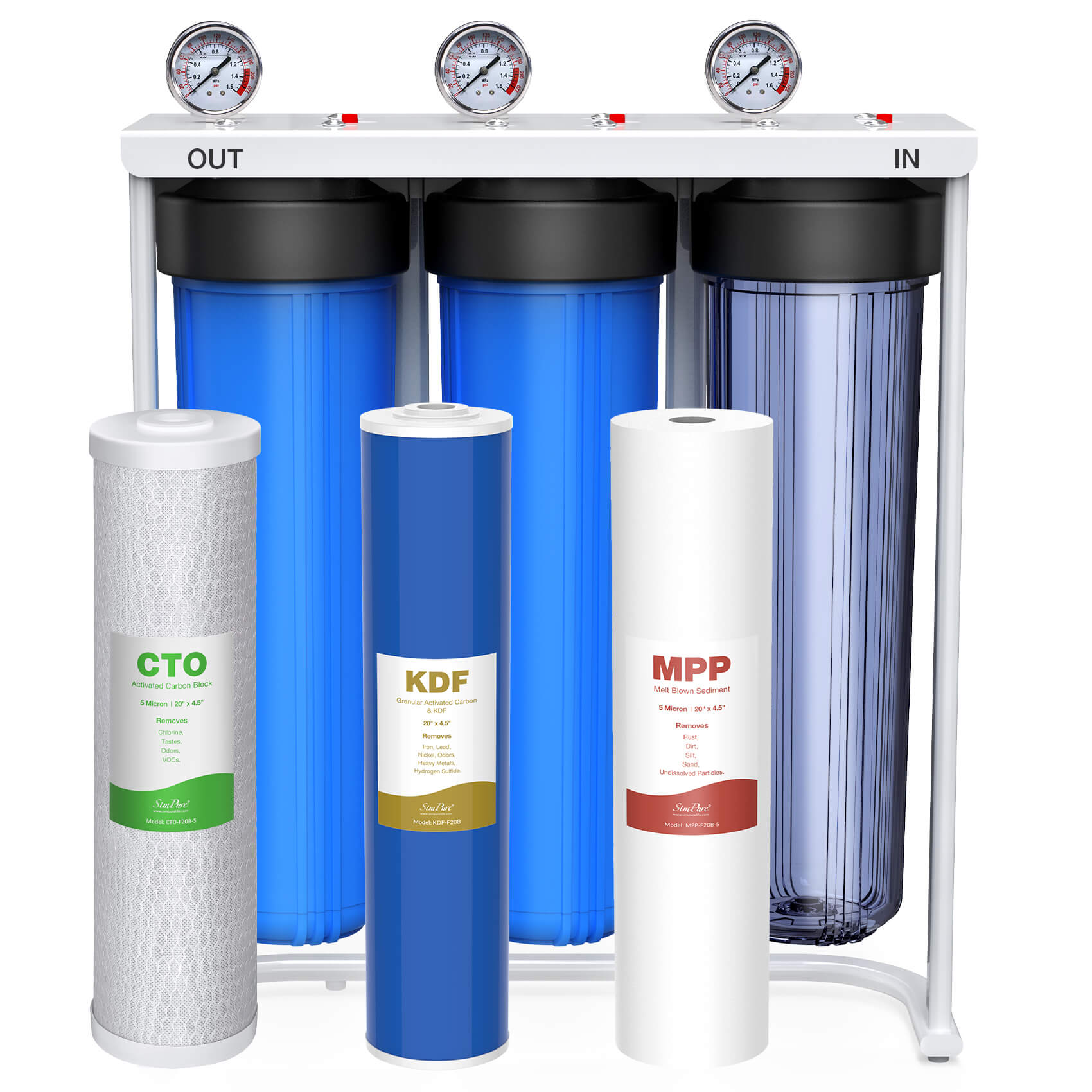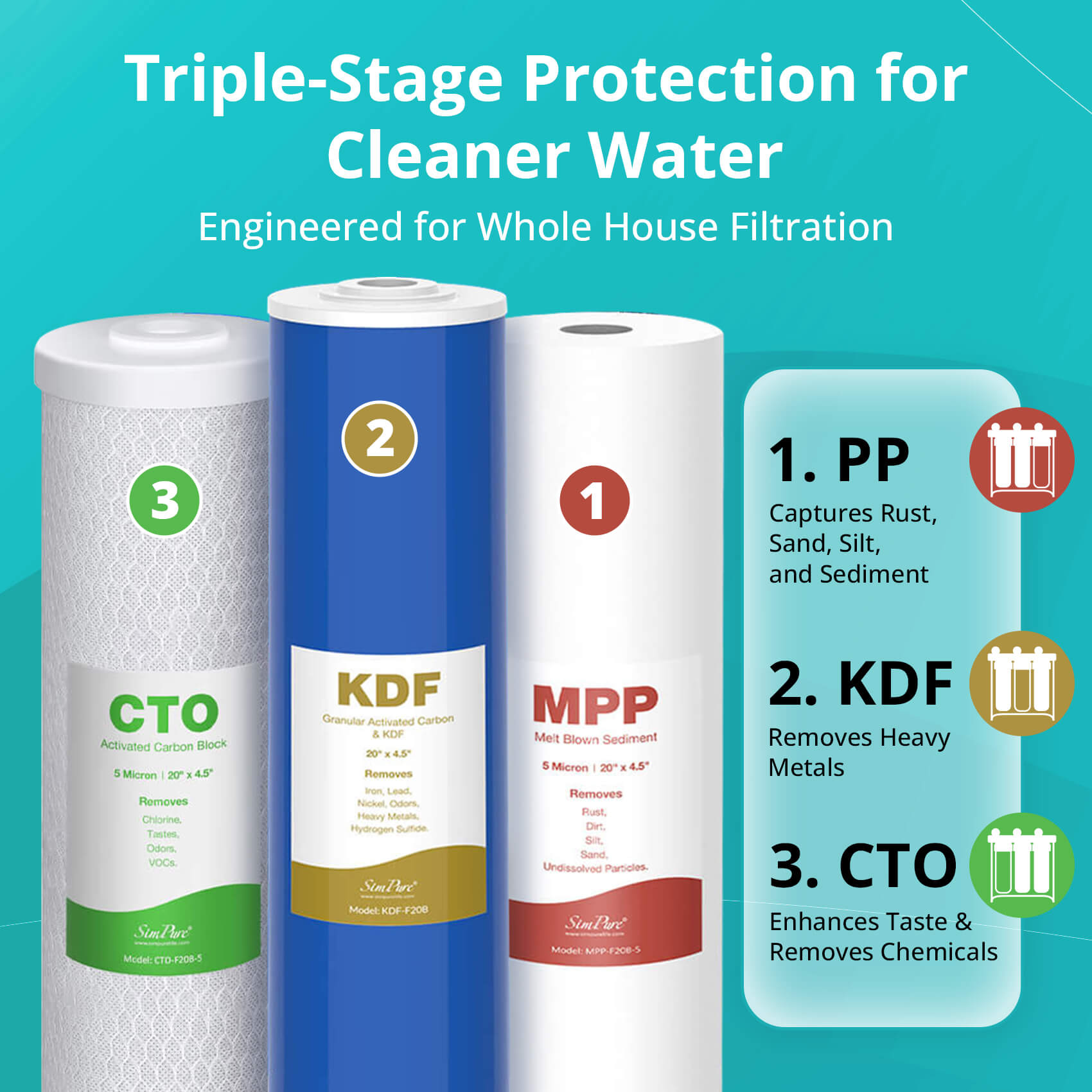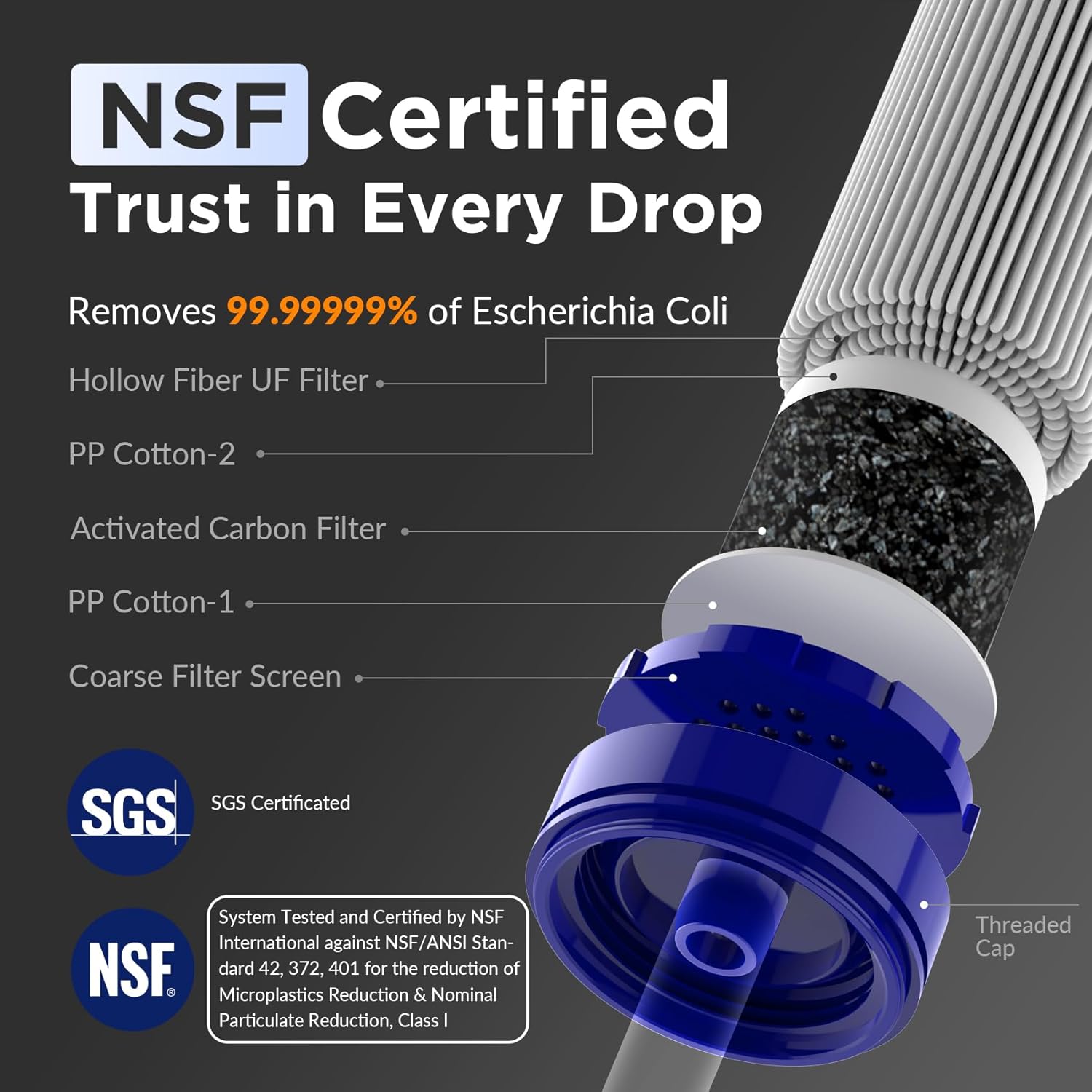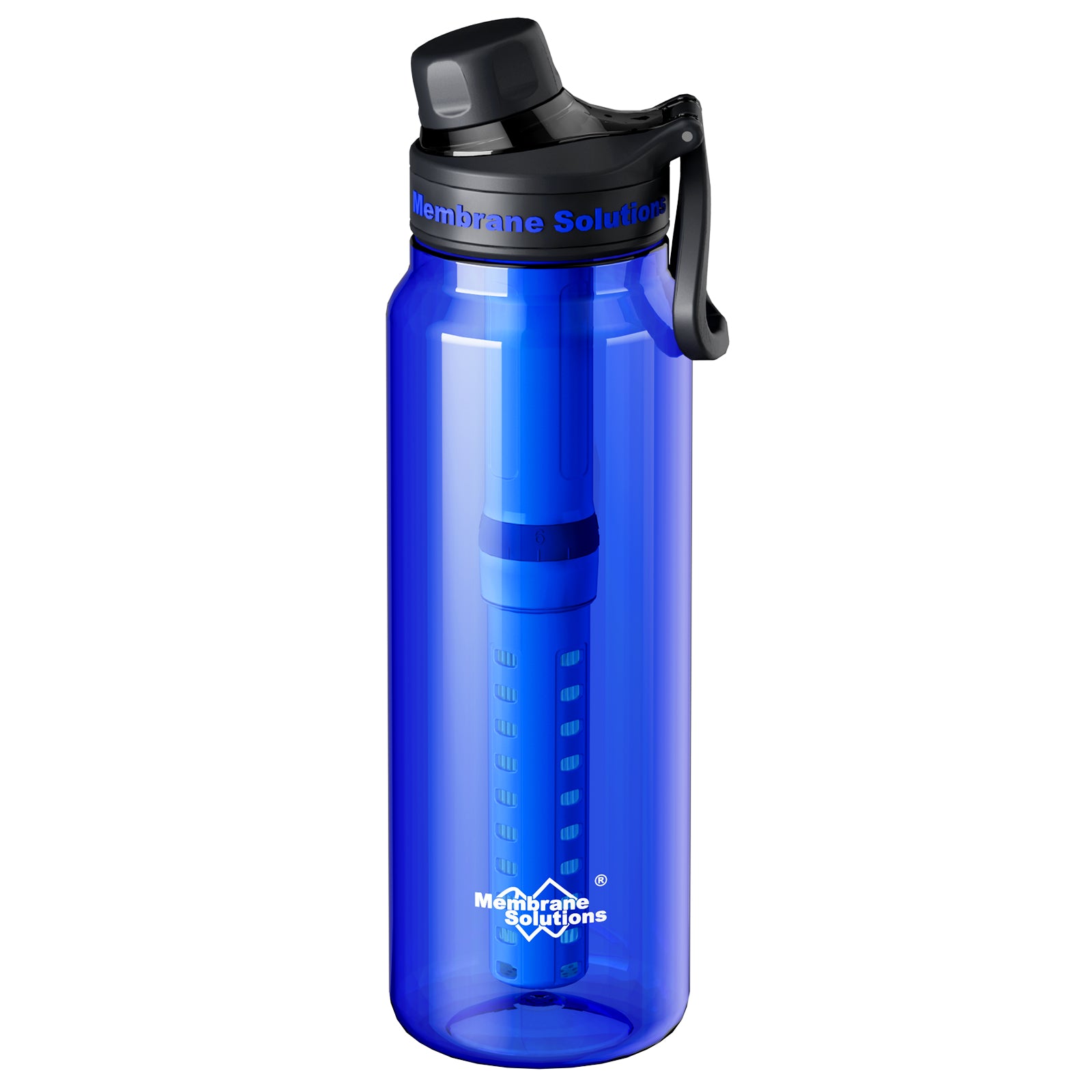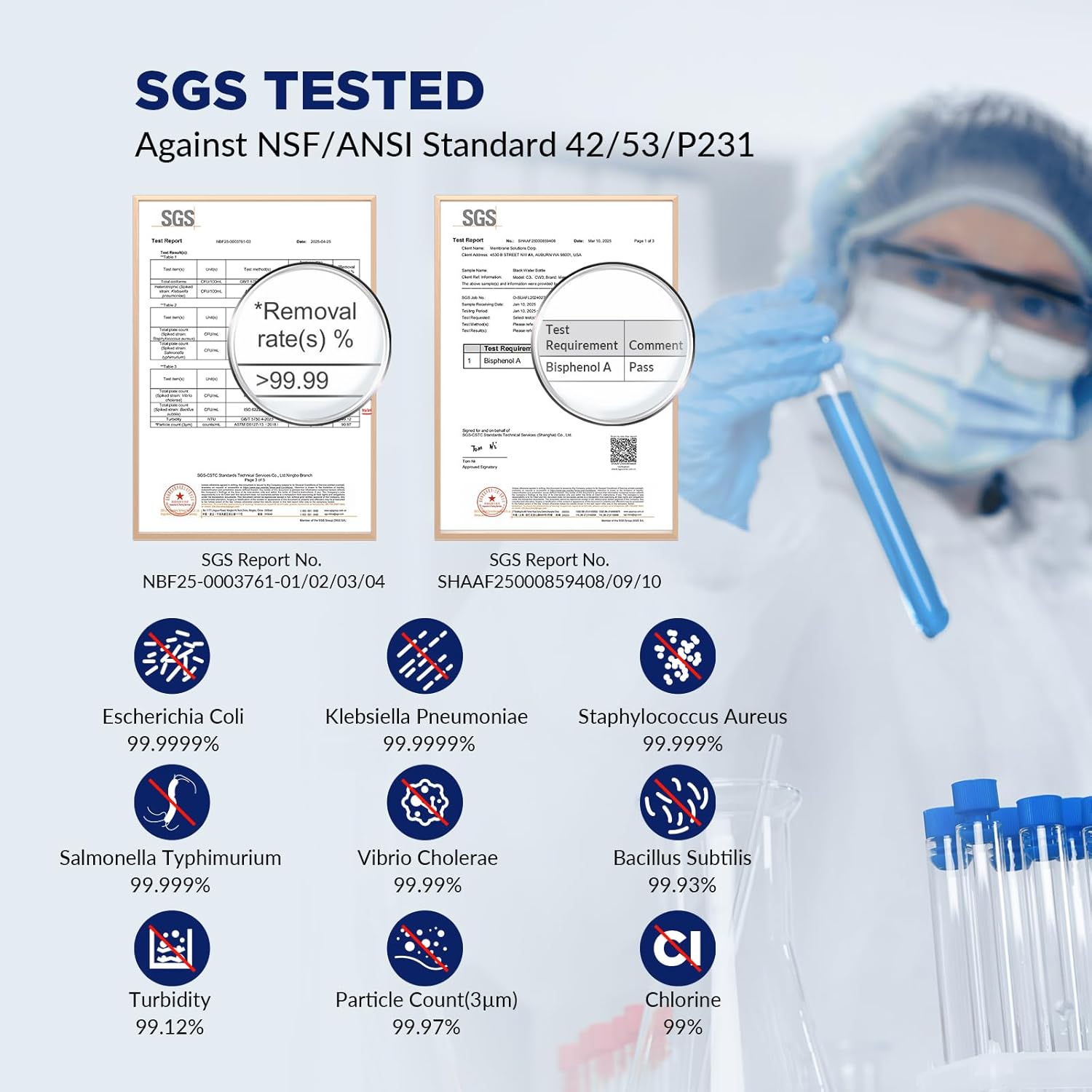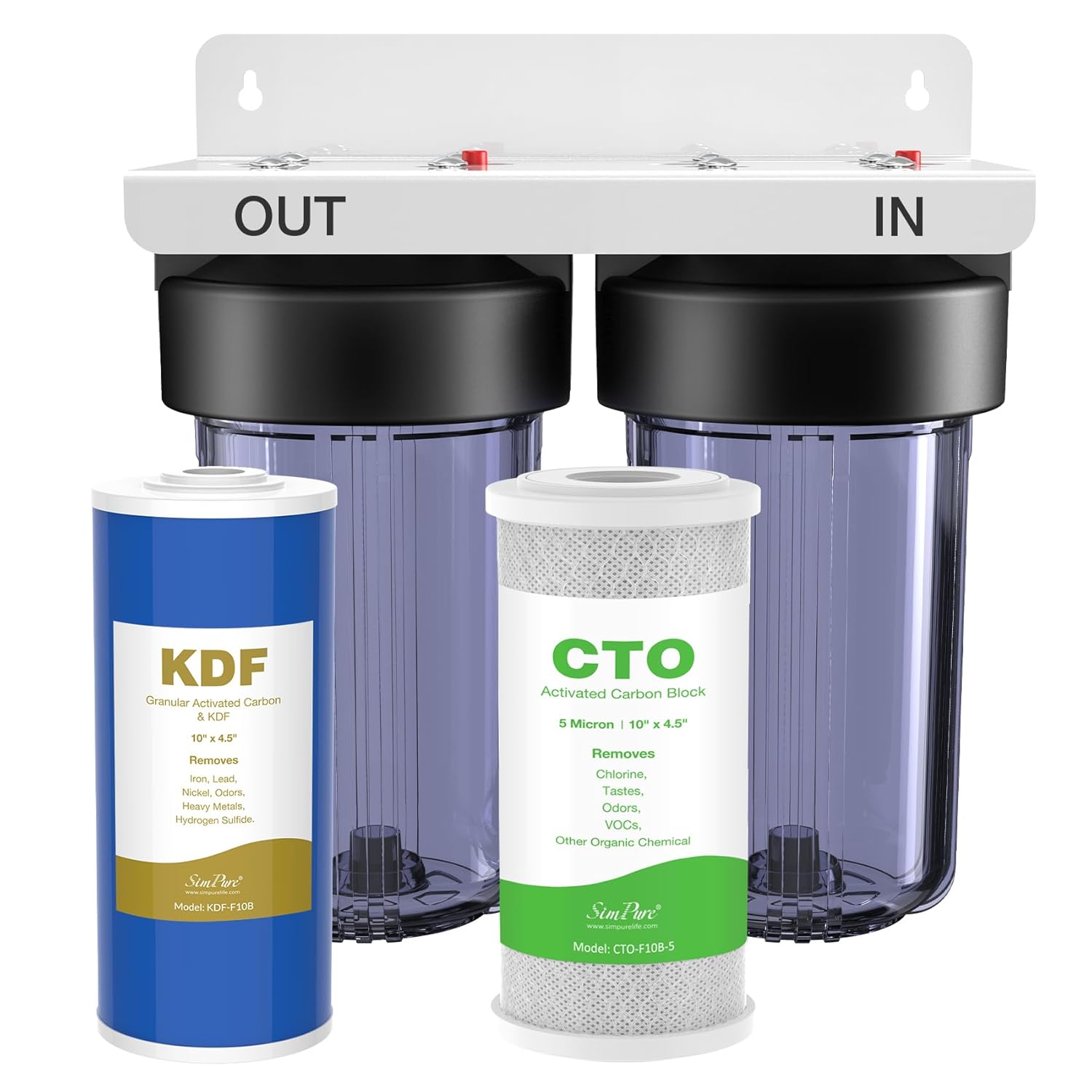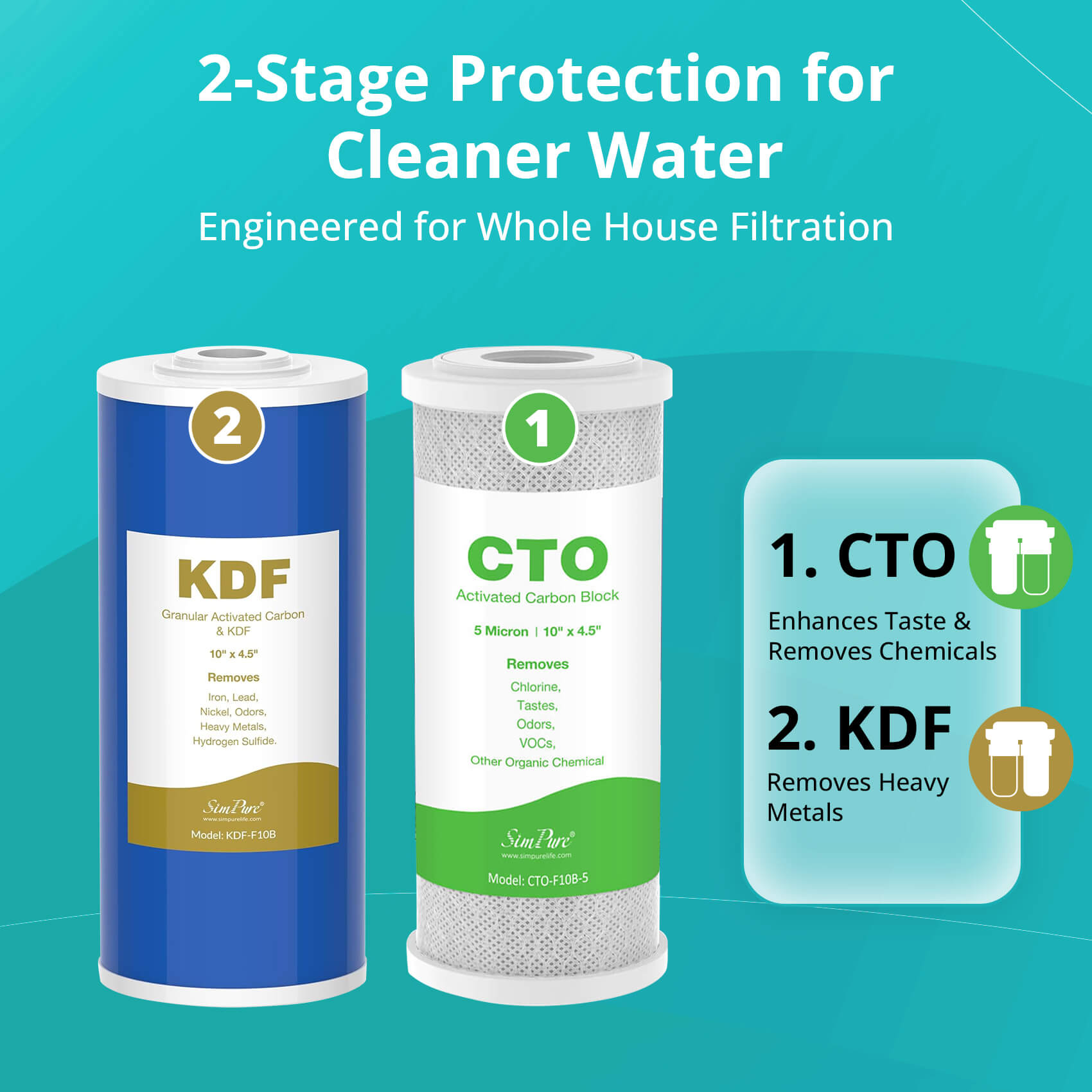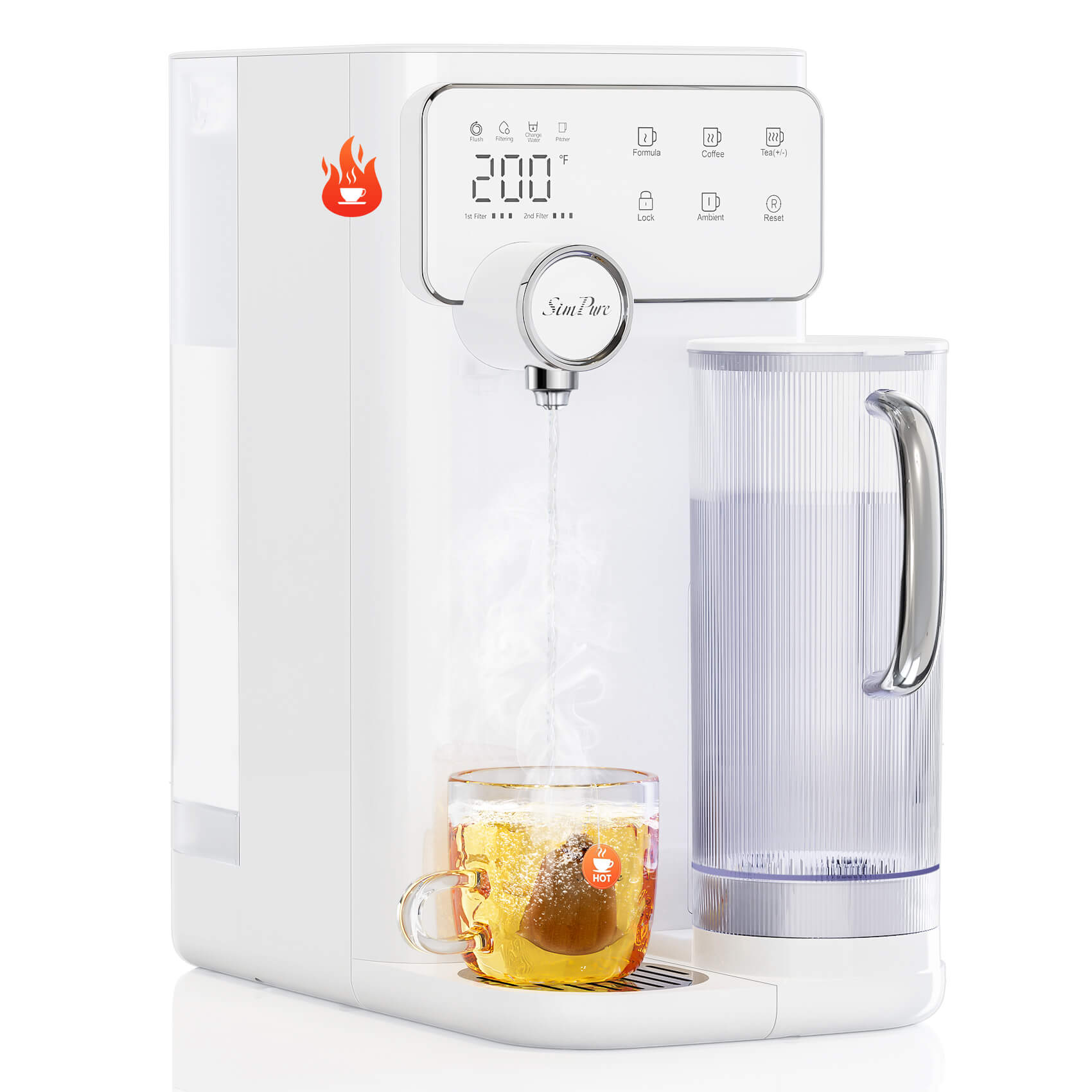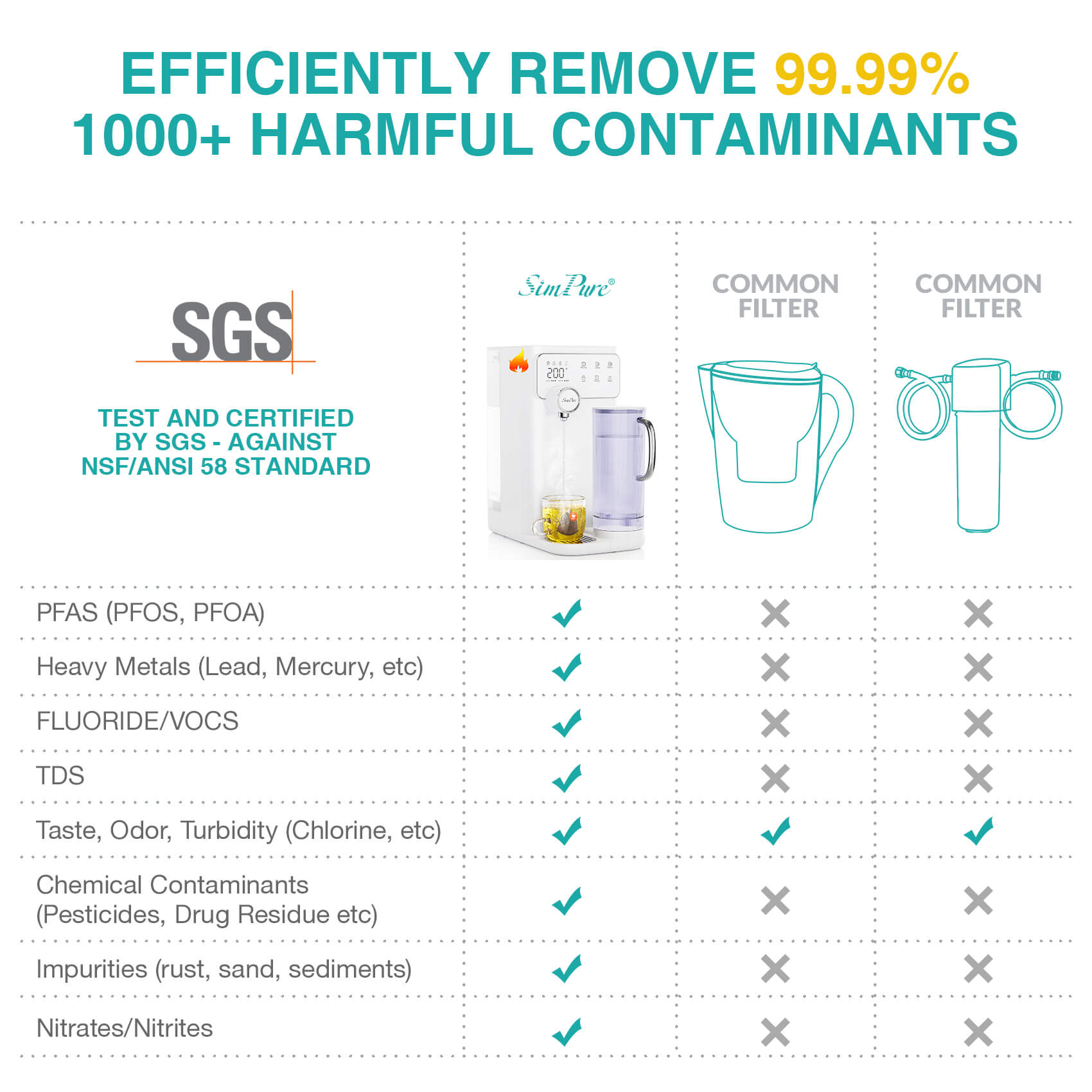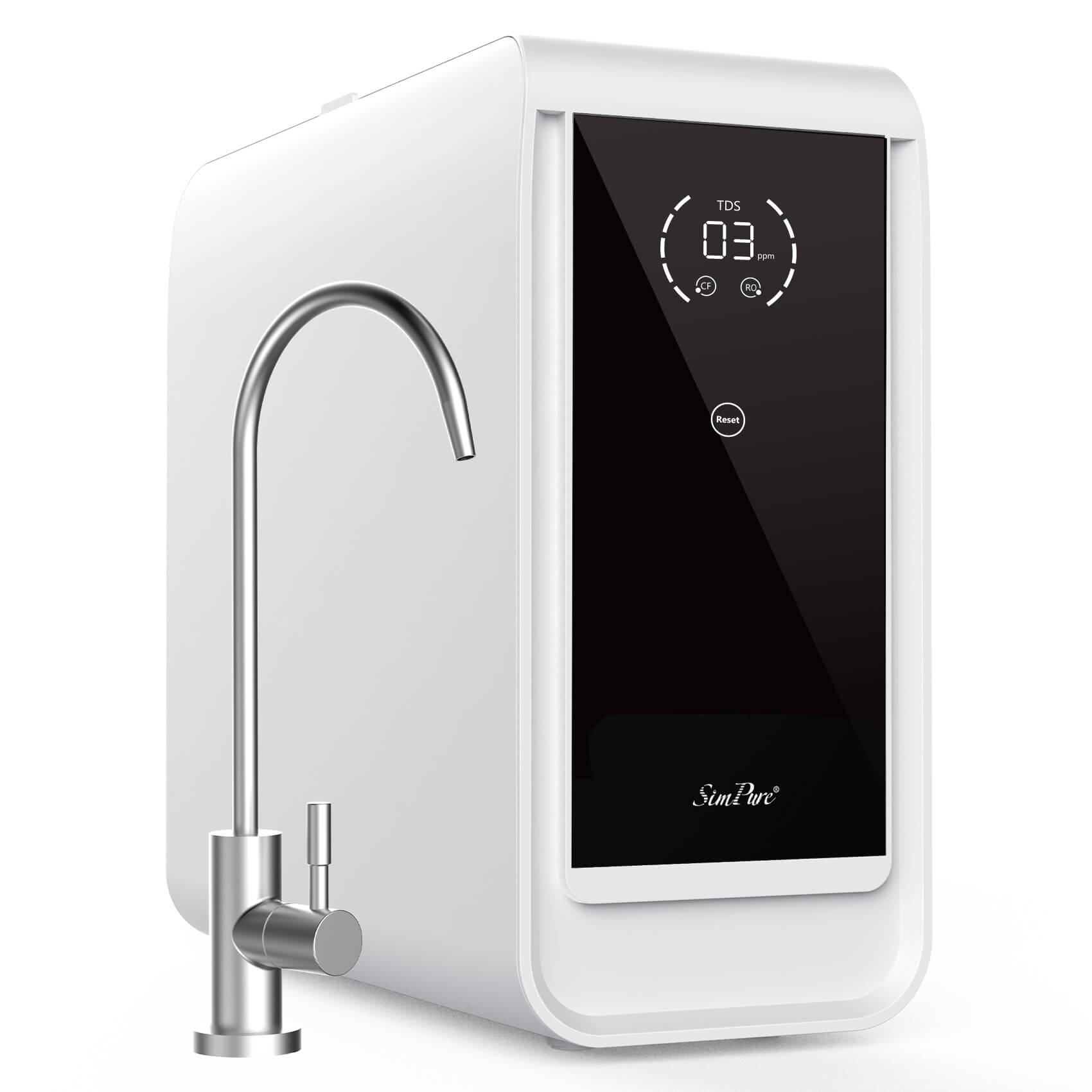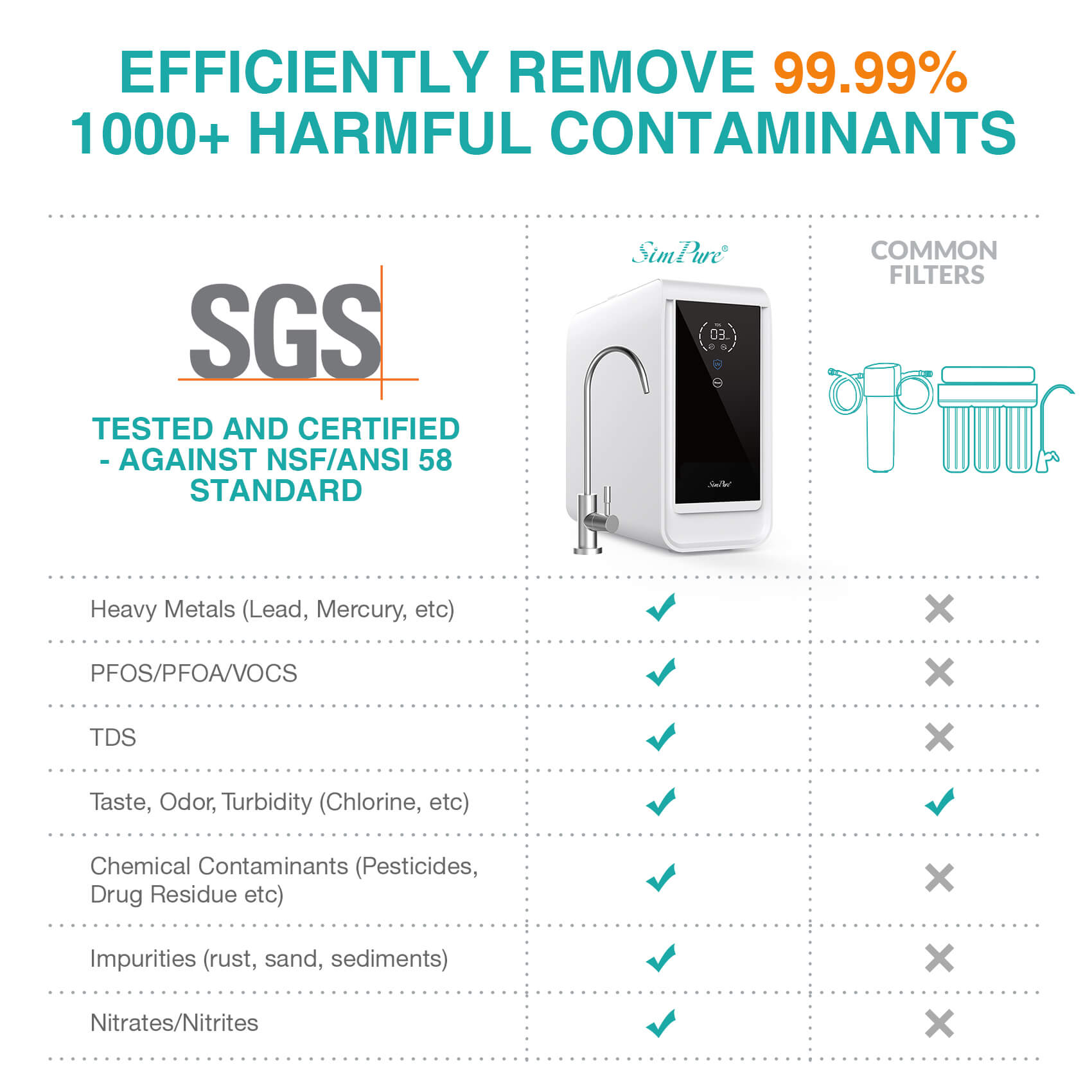With the increasing demand for cleaner and safer drinking water, there has been an increase in RO water purifier products and related marketing in the market in recent years, which leads to more and more people wanting to know whether we really need RO water purifiers. In fact, the truth is that in the majority of cases, RO water purifiers are indeed essential. This article seeks to the importance of investing in a RO water purifier and offers fundamental considerations to help guide your decision-making process before purchasing an RO water purifier.
Table of Contents
4 Reasons Why We Need RO Water Purifier
- 1. Removing Pollutants, Purify Water Quality
- 2. Making Water Tastes and Smell Better
- 3. More Environmentally Friendly Than Bottled Water
- 4. Low Long-Term Cost of Operation and Maintenance
Addressing Concerns and Doubts Regarding RO Water Purifiers:
We Have 4 Reasons Why We Need RO Water Purifier
In order to know whether we really need RO water purifiers, it is important to comprehend the benefits and reasons for opting to invest in one. By evaluating these advantages, you can make an informed decision that aligns with your specific circumstances and requirements.
1. Removing Pollutants, Purify Water Quality
RO water purifiers usually consist of multiple filtration stages, each targeting a specific type of pollutant, which can effectively reduce the total dissolved solids (TDS) level in the water (You can learn more about TDS, its harmful effects, and other methods of removing TDS from water by visiting: How to Reduce TDS in Water?). Such as SimPure T1-400 under-sink RO water purifiers, which feature a multi-stage filtration system, comprising PP, CTO, T33, RO, and UV stages. And with the ability to remove up to 99.99% of contaminants, including chlorides, odors, heavy metals, microplastics, viruses, bacteria, and over 1,000 other pollutants, it can ensure your tap water is purified and provide a safer and healthier drinking water option for you. If you'd like to know more about RO products, you can visit Simpure's page dedicated to reverse osmosis systems.

2. Making Water Tastes and Smell Better
RO water purifiers not only enhance the taste and odor of water but also ensure consistency. For instance, if the first sip of water after brushing your teeth in the morning is like a swimming pool, it indicates an excess of residual chlorine, which can be eliminated by using a reverse osmosis water purifier. With a dependable filtration system, reverse osmosis can provide a reliable and consistent taste experience. This is primarily achieved through the inclusion of activated carbon filters in RO water purifiers, which can effectively remove organic impurities and residual disinfectants to improve water taste and eliminate unpleasant odors. Take SimPure T1-400 RO water purifier as an example, which features a compressed activated carbon filter (CTO) for absorbing impurities and residual chlorine from bleaching powder, as well as a post carbon filter (T33) that can further absorb organic substances and enhance taste following RO membrane filtration.
3. More Environmentally Friendly Than Bottled Water
RO water purifiers are an environmentally friendly alternative to bottled water, making them an excellent choice from an environmental standpoint. Because by producing purified water at home, reliance on single-use plastic water bottles is minimized, reducing plastic waste. Additionally, the energy consumption of RO water filter systems is significantly lower compared to the production, packaging, and transportation involved in the bottled water industry.
4. Low Long-Term Cost of Operation and Maintenance
RO water purifiers can offer outstanding long-term cost-effectiveness, providing reliable service for an extended period with proper care and regular maintenance. The key focus lies in regularly replacing the filter element of the RO water purifier. Typically, the filters used in RO water purifiers have a lengthy lifespan. By replacing the filter every 6-12 months (specific replacement time may vary depending on the product and usage, you can contact customer service for precise information), you can sustain its high-performance level, ensuring continuous access to clean and safe drinking water for you and your family.
So, It is highly recommended to choose RO water purifiers when you have requirements for various water pollutants removal, taste and smell of water improvement, and finding a long-term cost-effective, safe, and healthy form of water instead of bottled water.
Addressing Concerns and Doubts Regarding RO Water Purifiers:
1. Do Reverse Osmosis Systems Waste Water?
Reverse Osmosis (RO) systems do generate wastewater as a natural by-product during the filtration process. However, there are practical ways to make use of this wastewater and reduce waste of water: The wastewater produced by RO systems can be effectively reused for various purposes, such as cleaning or flushing toilets. Additionally, under specific circumstances, it can serve as a valuable water source for watering plants at home. To learn more about the benefits and considerations of using RO wastewater for plants, you can refer to: "Is RO Waste Water Good for Plants?".
2. Does Reverse Osmosis Remove Good Minerals?
Reverse osmosis systems are highly effective at removing a diverse range of contaminants from water, including minerals. However, the minerals filtered out by RO systems are typically present in small quantities, which can be replenished through daily food consumption without significantly impacting overall health. Dietary sources such as fruits, vegetables, grains, and other foods can provide an ample supply of essential minerals. If an individual has specific concerns or deficiencies regarding minerals, alternative sources of mineral supplementation, such as dietary supplements, can be explored. Additionally, there are reverse osmosis alkaline water filtration systems available that re-introduce minerals into the water, offering a solution to enhance mineral intake.

3. Is RO Water Banned in Europe or India?
RO water is not banned in Europe. It is widely accepted and utilized as a common method of water purification in many European countries. Reputable sources like the European Commission and the World Health Organization(WHO) confirms that reverse osmosis water is considered safe and effective when the systems are properly maintained and operated. In contrast, India is the only country with restrictions on RO water filters, limited to specific circumstances. The ban is due to concerns over water wastage in densely populated areas and applies only if the water's total dissolved solids (TDS) level is below 500. For more detailed information and insights, you can visit our blog post titled "Is RO Water Banned in Europe?”
In conclusion, this article addresses the question of when and whether we really need an RO water purifier and provides an exploration of the reasons for choosing such a system, which includes pollutant removal, water purification, improved taste and odor, long-term cost savings associated, etc. Furthermore, it addresses common concerns and queries surrounding these systems. SimPure hopes that this blog has increased your understanding of RO water purifiers and effectively resolved any doubts you may have had.

